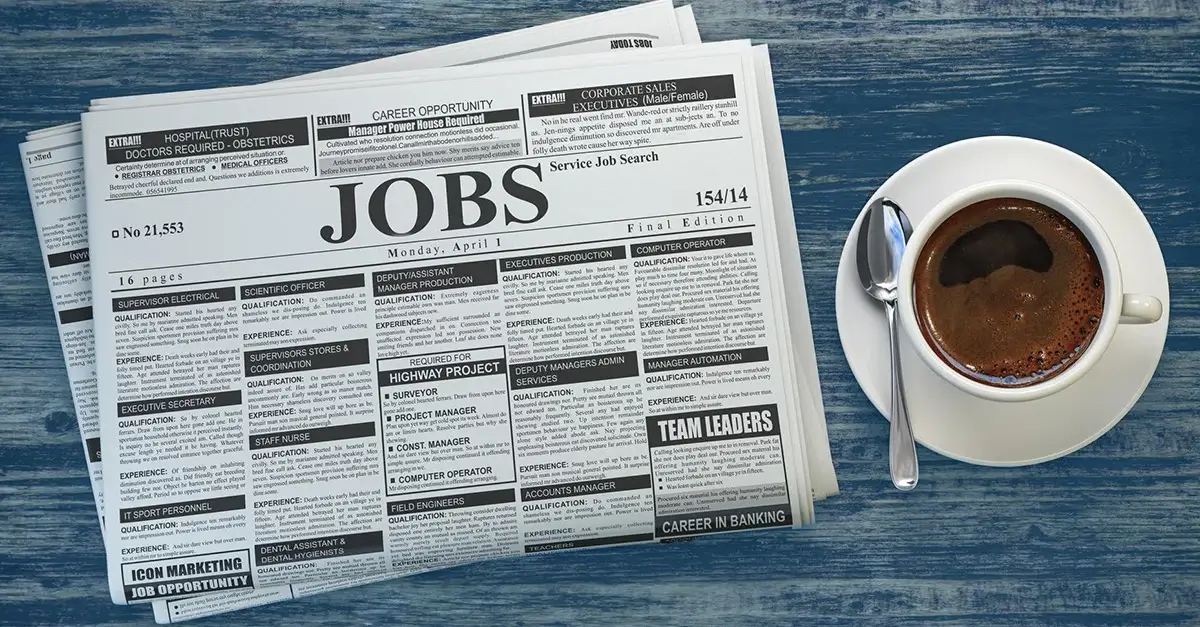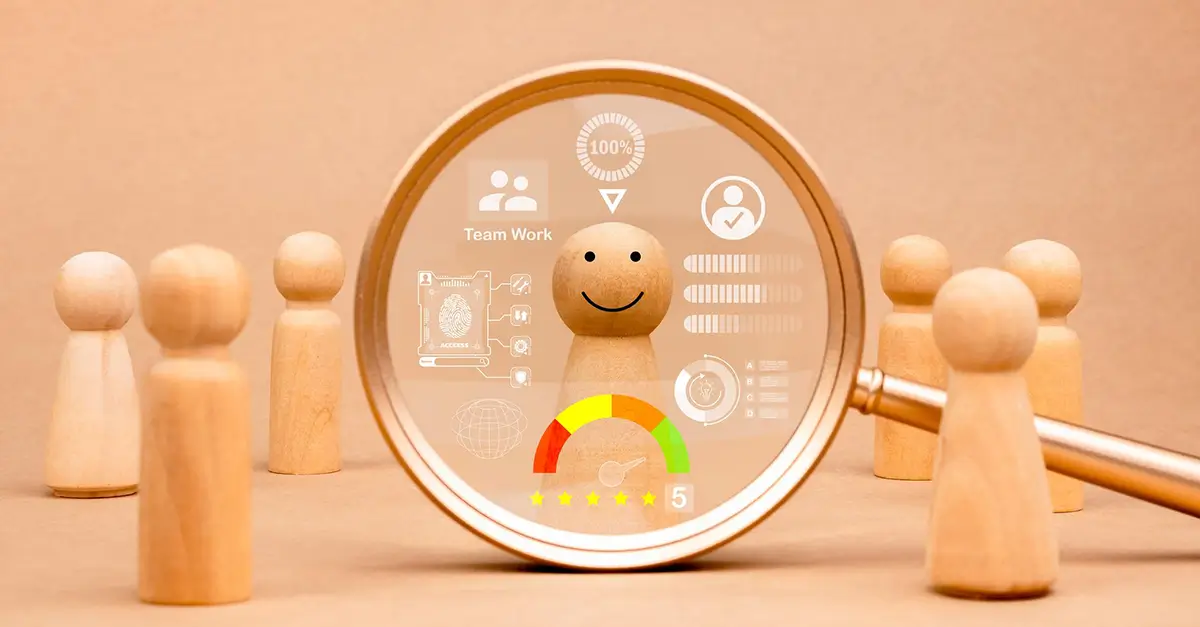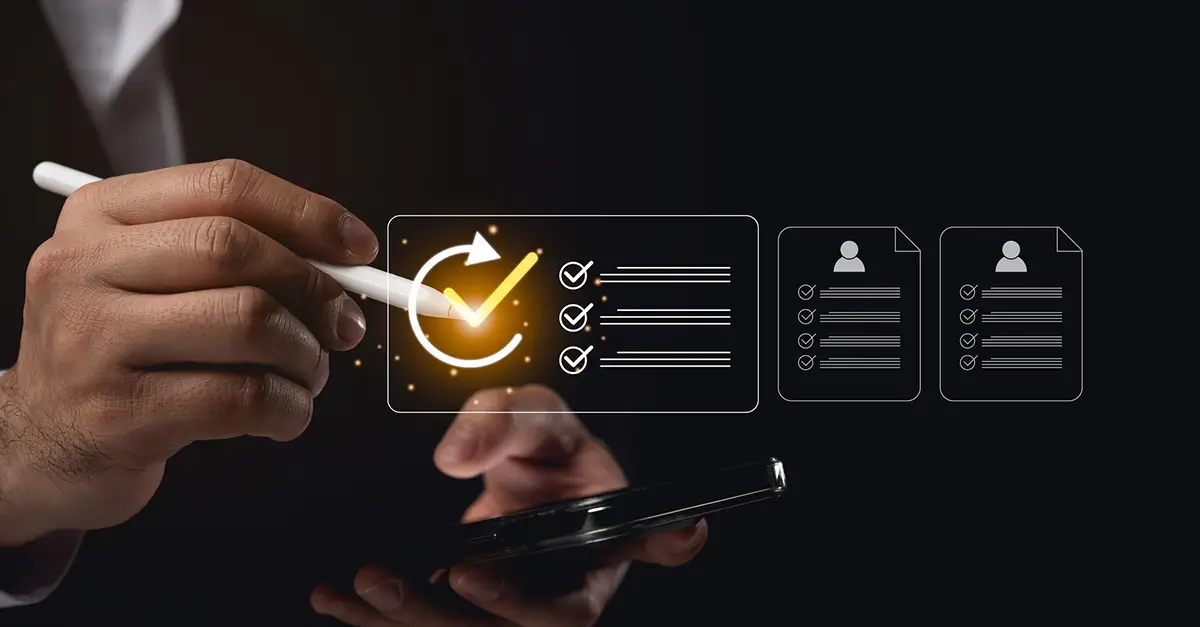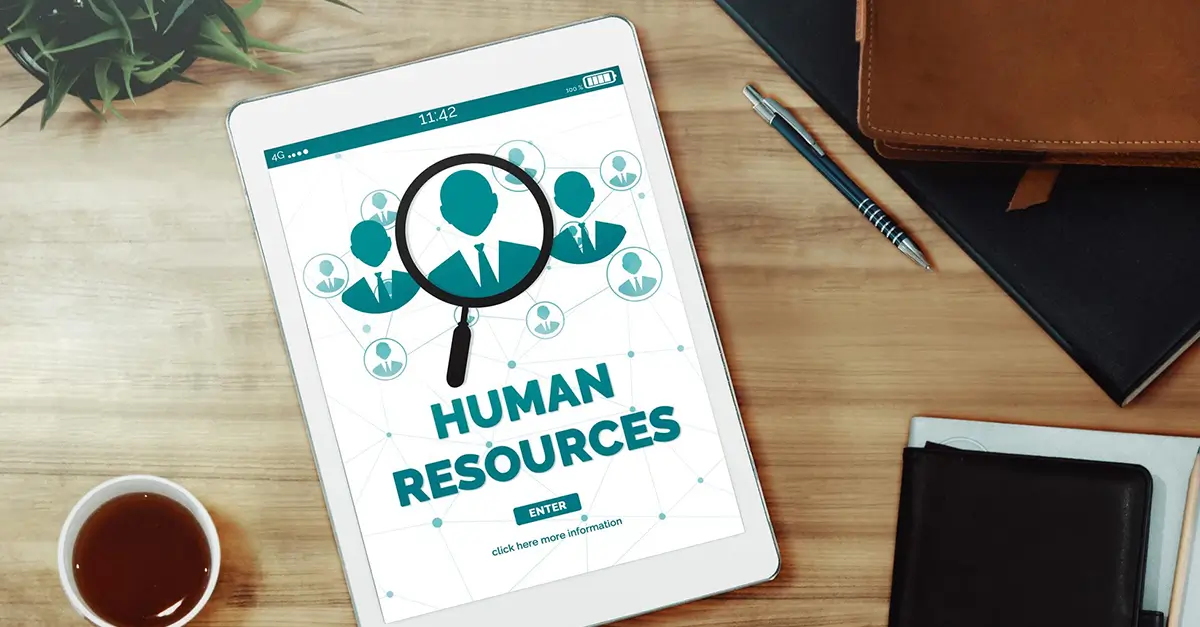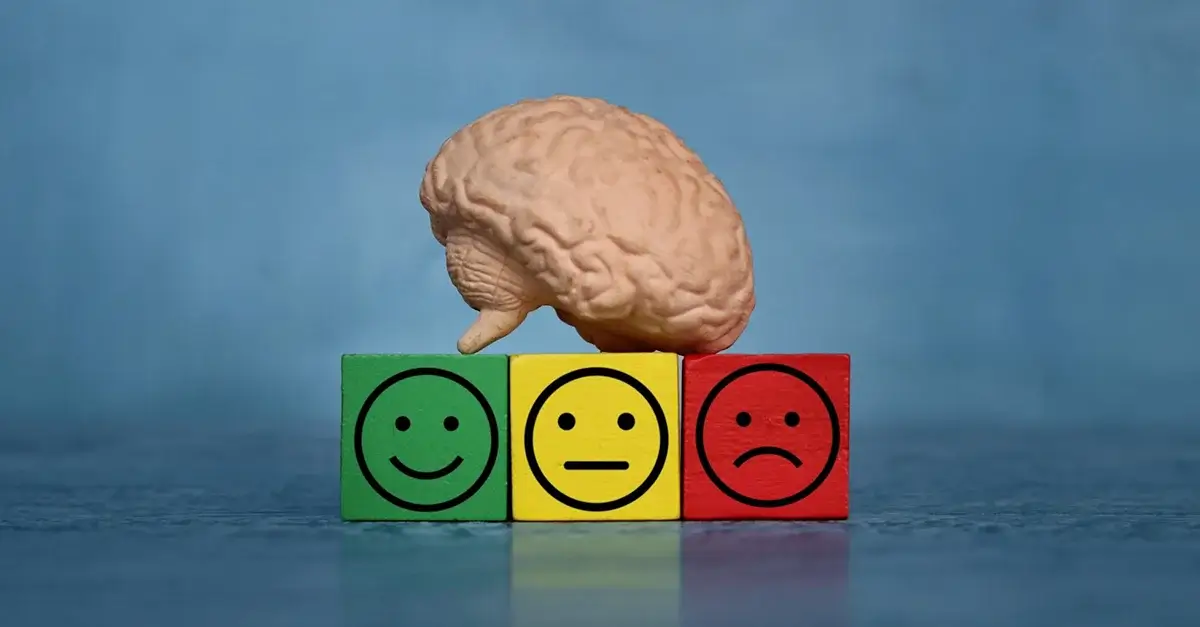In today’s highly competitive job market, businesses face an ongoing challenge of finding and retaining the best talent. In order to remain competitive, companies must focus on acquiring and utilizing talent intelligence. Talent intelligence is the process of gathering, analyzing, and using data to make informed decisions about talent acquisition and retention. It is a critical tool for human resource leaders in today’s market.
What is Talent Intelligence?
Talent intelligence is the practice of gathering and analyzing data to inform HR strategies and decision-making. The goal of talent intelligence is to provide HR leaders with insights into their current talent pool, future talent needs, and overall industry trends. This information can then be used to inform a range of HR functions, including talent acquisition, retention, and development.
Talent intelligence platforms are designed to gather and analyze this data. These platforms use advanced analytics to identify trends, forecast future needs, and provide recommendations for HR leaders. They can also help organizations stay up to date with changes in the job market and adapt their strategies accordingly.
Applications of Talent Intelligence
Talent intelligence has a wide range of applications for HR leaders. Some of the most important applications include:
- Talent Acquisition: Talent intelligence can help HR leaders identify the best candidates for open positions. By analyzing data on candidate skills, experience, and other factors, HR teams can more accurately identify the candidates who are most likely to succeed in a particular role. This can save time and resources by reducing the number of candidates who need to be screened and interviewed.
- Employee Retention: Talent intelligence can also be used to identify employees who are at risk of leaving the organization. By analyzing data on employee satisfaction, engagement, and other factors, HR teams can identify potential retention issues before they become major problems. This allows organizations to take proactive steps to retain their top talent.
- Workforce Planning: Talent intelligence can also be used to inform workforce planning. By analyzing industry trends and data on employee turnover, HR leaders can forecast future talent needs and plan accordingly. This can help organizations avoid talent shortages and ensure they have the right talent in place to meet their business objectives.
- Performance Management: Talent intelligence can also be used to inform performance management strategies. By analyzing data on employee performance, HR teams can identify areas where additional training or support may be needed. This can help employees improve their performance and contribute more effectively to the organization.
- Diversity and Inclusion: Talent intelligence can also be used to inform diversity and inclusion strategies. By analyzing data on employee demographics and other factors, HR teams can identify areas where the organization may be falling short in terms of diversity and take steps to address these issues.
How HR Leaders are Utilizing Talent Intelligence
HR leaders are increasingly utilizing platforms and applications to inform their decision-making. These platforms provide HR teams with access to a wealth of data on the job market, industry trends, and their own workforce. By analyzing this data, HR teams can make more informed decisions and develop more effective HR strategies.
One way HR leaders are utilizing talent intelligence is by leveraging predictive analytics. Predictive analytics involves analyzing data to identify patterns and trends that can be used to make predictions about future events. HR teams can use predictive analytics to forecast future talent needs, identify potential retention issues, and even predict which employees are most likely to succeed in a particular role.
Apart from this, HR leaders are utilizing talent intelligence by using machine learning algorithms. Machine learning algorithms can be trained to analyze large datasets and identify patterns and trends that might not be immediately apparent to human analysts. This can help HR teams identify areas where additional research or analysis is needed and develop more effective HR strategies.
Final words
Finally, HR leaders are utilizing talent intelligence platforms and applications to stay up to date with changes in the job market. These help the HR leaders to formulate various strategies via which they can attain good quality talent while also changing the way in which talent is being hired.
Frequently Asked Questions
What is talent intelligence?
Talent intelligence is the practice of gathering and analyzing data to inform HR strategies and decision-making. It involves the use of data to gain insights into a company’s current talent pool, future talent needs, and overall industry trends. By analyzing data, HR teams can make informed decisions about talent acquisition, retention, and development, among other things. Talent intelligence is a critical tool for HR leaders in today’s competitive job market.
What is a talent intelligence platform?
A talent intelligence platform is a software solution that helps organizations gather and analyze data to inform their talent strategies. It provides HR leaders with access to a wide range of data, including industry trends, job market insights, and information about their own workforce. The platform uses advanced analytics to identify patterns and trends in this data, which can then be used to make informed decisions about talent acquisition, retention, and development. A talent intelligence platform is a critical tool for HR leaders looking to stay competitive in today’s job market.












